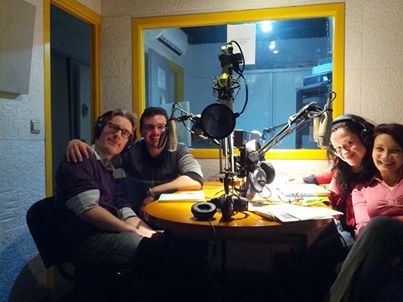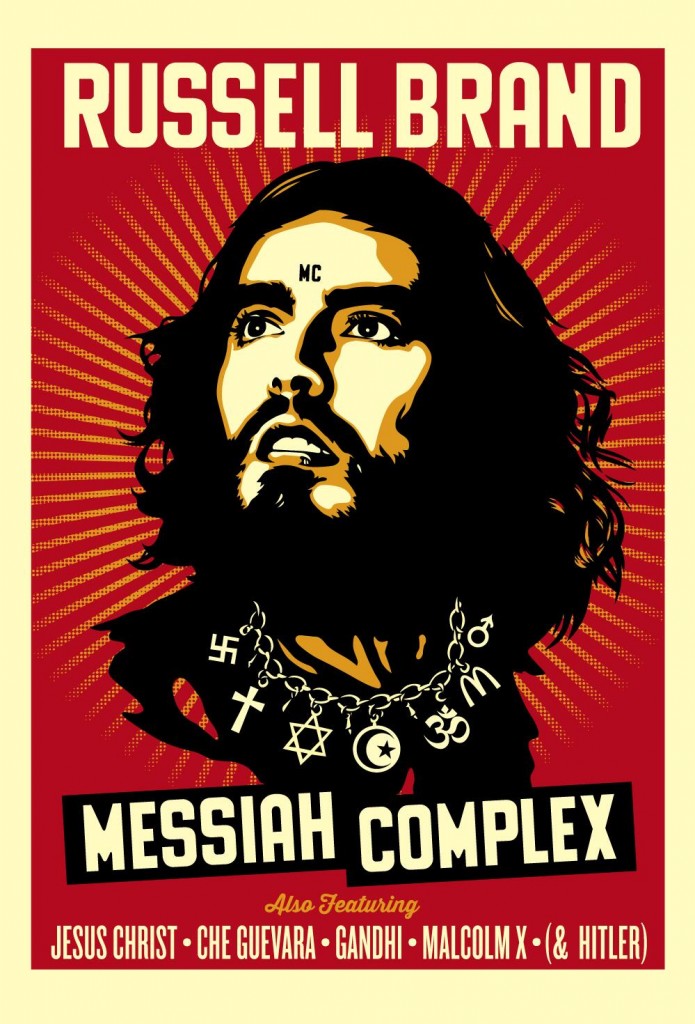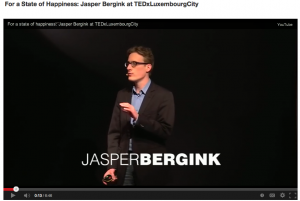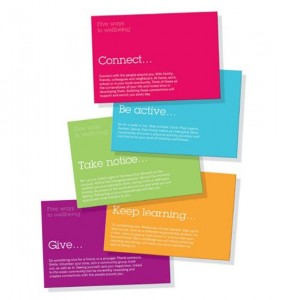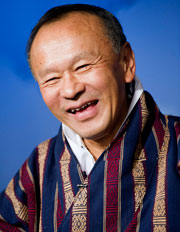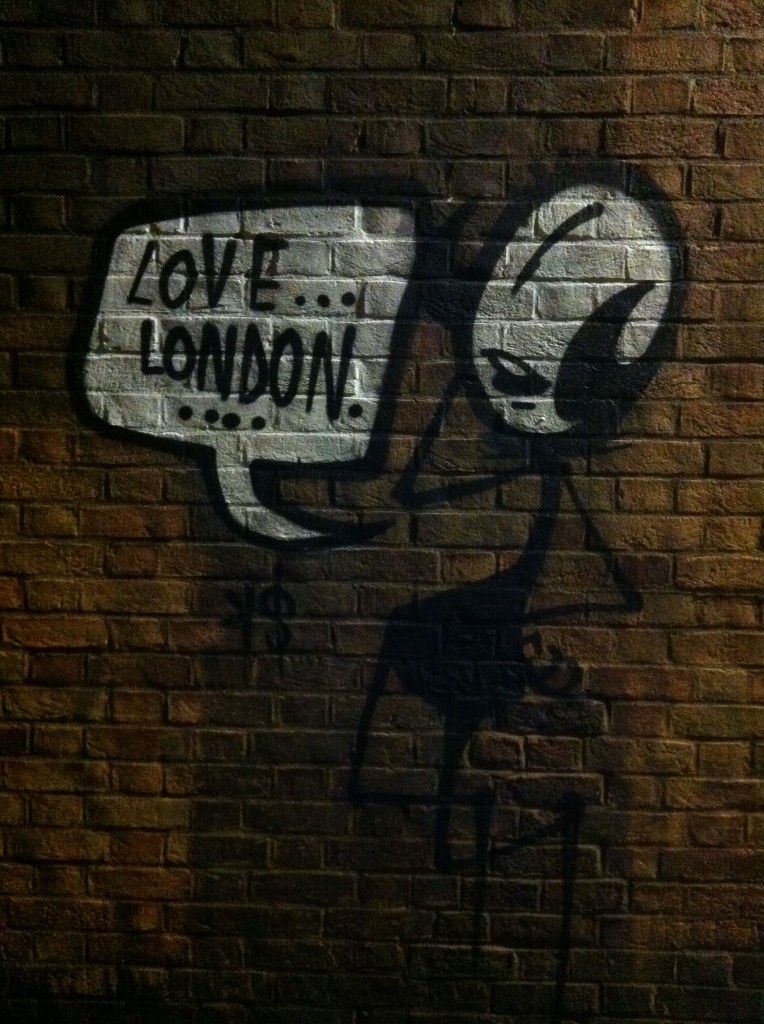Update: the show is available here now (in Italian)
And? Did you tune in to Radio Alma last Monday to listen to my chat about happiness with the hosts Rossella, Tiziana and Leandro?
You might have missed it, or you may not speak Italian, so let me share some reflections. To start, radio is good fun. It’s a very interesting medium. Talking on the radio really forces you to formulate your message in small bits and pieces as part of the dialogue with your host. I haven’t heard myself back yet (I’ll post the show once it’s available), but I think I managed to bring forward my message.
There are two points I wanted to raise. First: there are many things we can do in our daily life to consciously experience personal happiness. Many people think happiness is something magical or secretive. For me, the secret to happiness is that there is no secret. I spoke a bit about the five ways to well-being, as developed by the new economics foundation. Understanding where happiness comes from can help us to stand still for a moment, like I did in front of a traffic light in London, to look around to be amazed of the speed and hurry of all those around us. Often we’re too much in a hurry to realise we are happy!
Second: we briefly spoke about Gross National Happiness (GNH) as a tool to translate these lessons about happiness to the level of society. Countries are prone to focus on economic growth. But maybe GNH is what they should strive for, if they want to creative a meaningful community in the long run.
I also had an interesting exchange of ideas with the second guest on the show, a singer-songwriter and poet called Leopoldo Verona. He spoke about ‘living life in the now’ and about ‘a sense of freedom’ as factors linked with happiness. It made me think about freedom: do we know how to use our freedom? Do we freely choose to spend our time playing silly games on our smartphones or eating fastfood? How can we motivate ourselves to use our freedom in a way that we enjoy more deeply, for instance by writing blog posts or poems and by cooking a so much more tasty asparagus risotto?
Maybe happiness is knowing how to use your freedom in a meaningful way.
But the main thought I took home from the conversation with Leopoldo is a very simple one. He is a poet, and poets have the great skill to forge words together, creating something bigger than the sums from their parts. For Leopoldo, happiness is about living fine moments with those around us. He epxresses that in one word, putting together ‘share’ (condividere) and ‘live’ (vivere) in condi-vivere.
Simply put, happiness is sharing life.
But everything sounds better in Italian: la felicita è condivivere.

